1. A Growing Trend
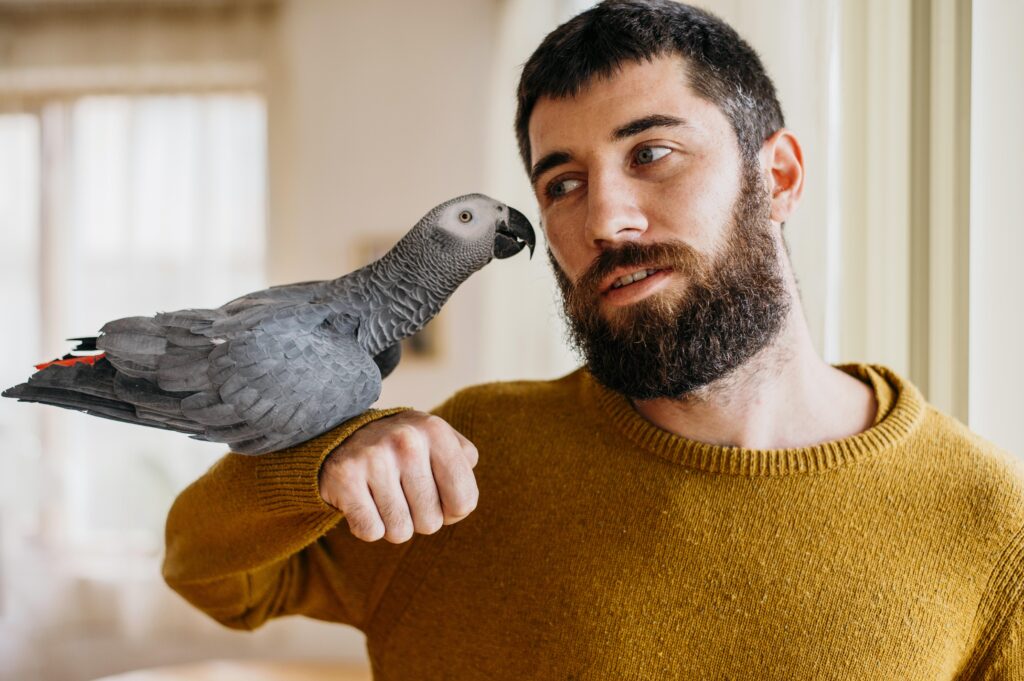
For millions of households, pets are family. But not all pets are cats and dogs. From parrots to tortoises to snakes, Americans have embraced exotic animals in their homes. The difference is many of these creatures live far longer than their owners expect, sometimes decades longer. When that happens, families, shelters, and rescues are left scrambling. Roughly 9 million U.S. households keep exotic pets today. They are unique, fascinating, and often conversation starters. Yet when the novelty fades or an owner passes away, the reality of what to do next quickly takes center stage.
2. The Longevity Problem

Unlike cats and dogs, many exotic pets live surprisingly long lives. African Grey parrots can live around 60 years and certain tortoises can reach over 100. Owners rarely plan for such extended lifespans. A pet that seemed manageable in youth can become a lifelong responsibility stretching into the lives of children or grandchildren. This mismatch between human lifespans and animal needs creates serious challenges. When an owner passes away, these animals are left without the caretaker they depended on, and families face an unexpected commitment they may not be ready to handle.
3. Families Caught Off Guard
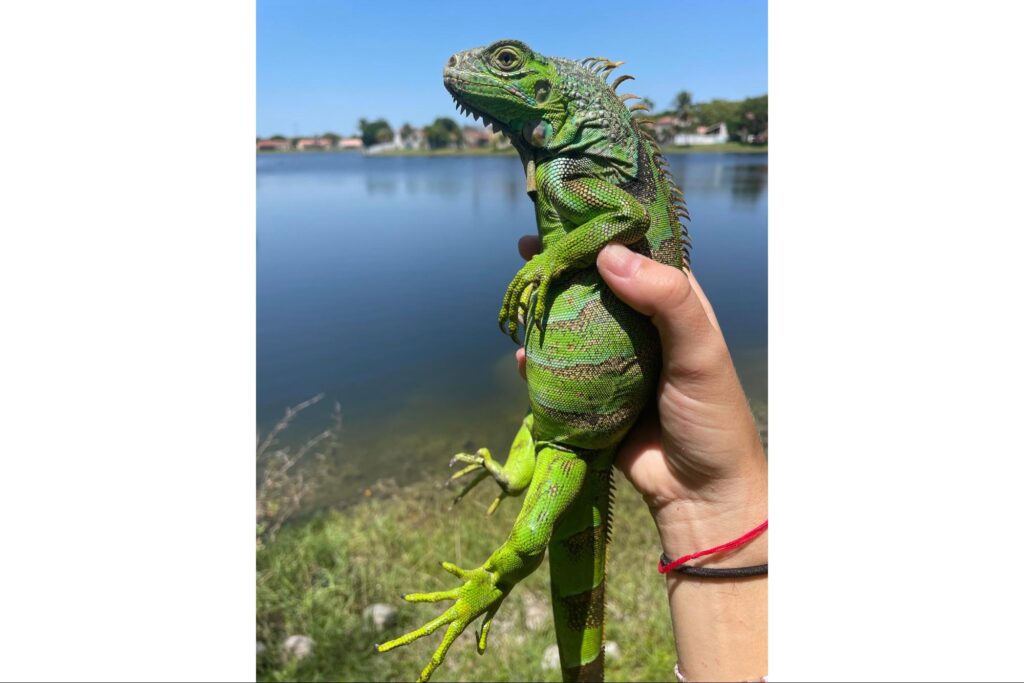
When exotic pets outlive their owners, families are usually the first to step in. But most are unprepared for what that responsibility means. A daughter may inherit her father’s large iguana, or siblings might suddenly care for their mother’s parrot. Few know how to meet these needs or have the space and resources to manage them. Often, families scramble between grieving and seeking help from rescues or sanctuaries. It is not as simple as handing the pet to a neighbor. These animals carry complex demands that weigh heavily on those left behind.
4. Parrots in Peril: The Parrot Case Study
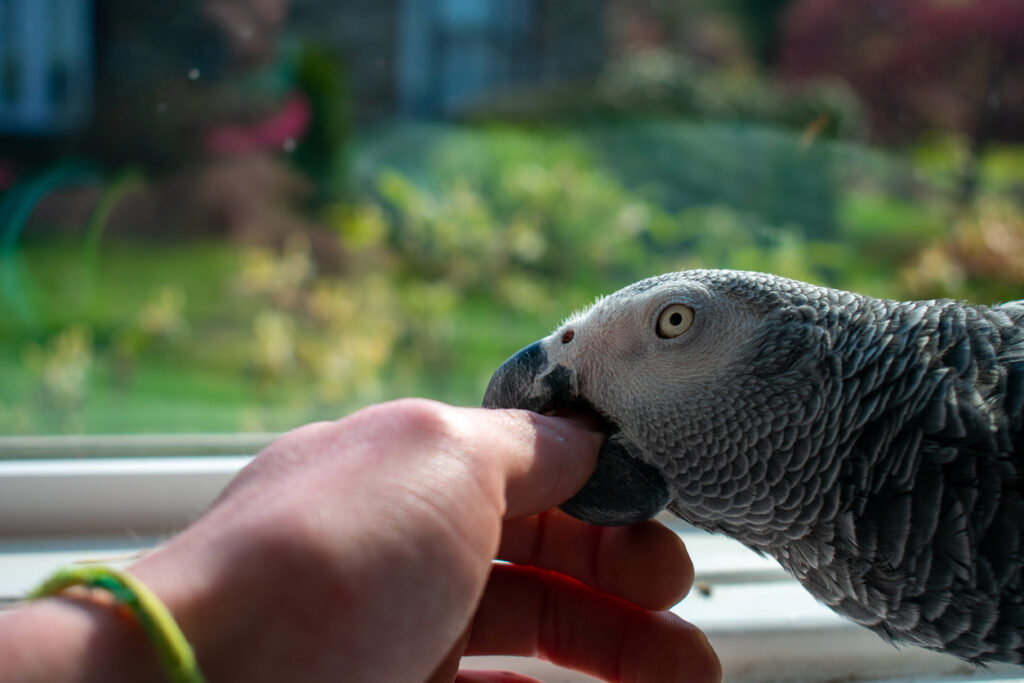
Parrots show just how complicated things can get. In Sedona, Arizona, one case involved twelve parrots left behind after their owner died. These birds needed specialized care and could not be casually rehomed. Volunteers arranged to have them flown across the country to a California sanctuary. The process was long, costly, and stressful but ensured the parrots received the attention they required. Such cases highlight the enormous effort needed when exotic pets outlive their owners. Without careful planning, birds with decades of life ahead can easily become tragic stories of neglect.
Parrots are beautiful and intelligent but also incredibly sensitive. When they lose their owners, they often experience deep emotional distress. Many begin to scream, pluck their feathers, or withdraw completely. These behaviors make it even harder to rehome them, as new families may not be prepared for such challenges. Parrots can live decades beyond their original owners, and without careful planning, they suffer greatly. The emotional bond they form shows just how much exotic pets rely on humans, not just for food and shelter, but also for companionship.
5. Shelters Overwhelmed
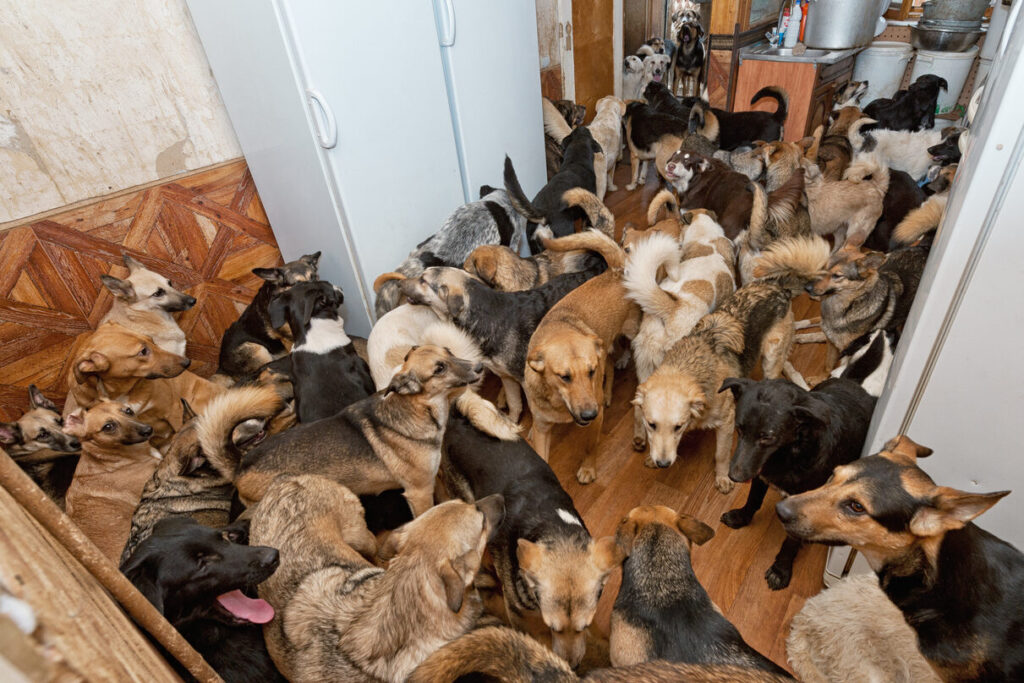
Animal shelters already stretch thin trying to care for cats and dogs. Exotic pets bring an entirely different set of challenges. Shelters often lack the proper enclosures, trained staff, or resources to handle reptiles, parrots, or tortoises. This means these animals are either turned away, left waiting for help, or moved repeatedly from place to place. It becomes a stressful cycle for both the animals and the caregivers. Shelters want to help but often cannot. The gap left behind places the burden on smaller rescues or sanctuaries to step forward.
6. Rescue Groups to the Rescue
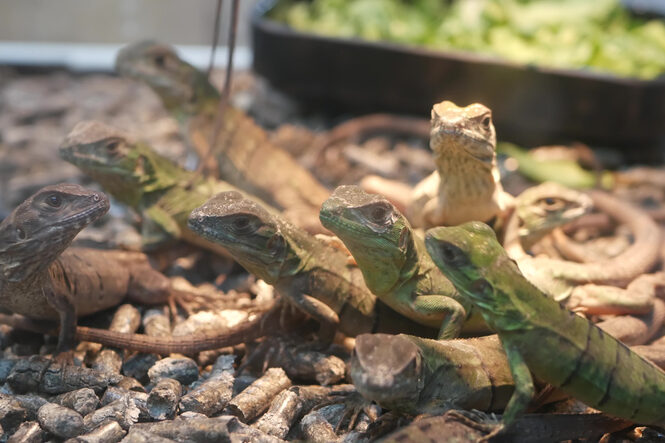
When shelters cannot handle exotic pets, specialized rescue groups often become the lifeline. Parrot rescues, reptile sanctuaries, and tortoise preserves dedicate themselves to species most others are unable to house. These organizations usually run on small budgets and rely on donations but manage to provide stable homes and proper care. They are essential in preventing abandoned exotics from suffering or being released into the wild. Without these groups stepping in, countless animals would have nowhere to go after their owners pass away, leaving futures filled with uncertainty.
7. A Legal Gray Area: Tortoises as Time Capsules

Tortoises may be the clearest example of longevity in exotic pets. Some species live for more than a century, passing from one generation to the next. Families describe them like living heirlooms that demand daily attention. Unlike furniture or jewelry, a tortoise cannot simply be stored or admired. It requires constant care, food, and proper environments. The weight of responsibility can last longer than a lifetime, creating unique challenges for families. These creatures are reminders that some pets are not temporary companions but commitments that span across generations.
Even families willing to help exotic pets often run into legal barriers. Many species fall under state or federal restrictions that require permits for transfer. Moving a tortoise, for example, can involve lengthy paperwork. Relatives may only discover this after trying to rehome the pet. What starts as a simple effort becomes a complicated legal process. These rules exist for good reason, protecting animals and ecosystems, but they create added stress for grieving families. Without knowledge of these laws ahead of time, owners unintentionally leave behind difficult obstacles.
8. Emotional Toll on Families and the Cost of Care
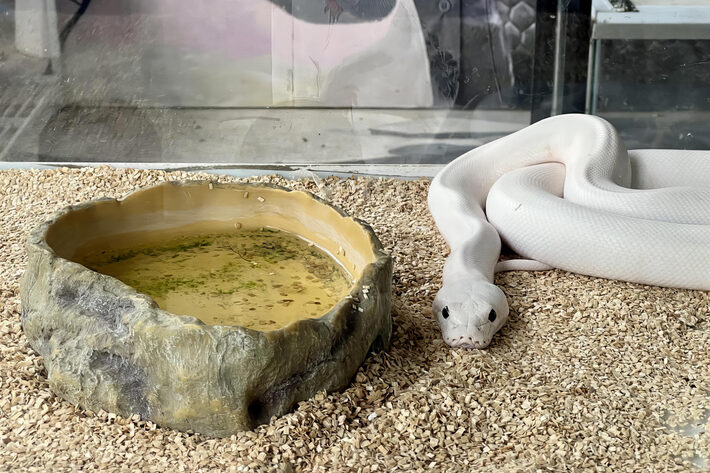
Losing a loved one is already a heavy experience. Adding the responsibility of an exotic pet can turn grief into frustration and confusion. Families often feel overwhelmed when faced with caring for an animal they never bonded with. Imagine managing funeral arrangements while suddenly responsible for feeding a snake or keeping a parrot entertained. The situation blends sadness with obligation, leaving relatives conflicted. Some feel guilty for surrendering the pet while others struggle to connect at all. This emotional toll makes the process harder and reveals the depth of the gap.
Exotic pets are not just demanding emotionally, they are also expensive. Specialized diets, temperature-controlled enclosures, and medical care from rare exotic veterinarians all add up quickly. Many families who inherit these pets are shocked at the ongoing costs. What once felt like a manageable expense for the original owner becomes overwhelming for others. This often leads to pets being surrendered sooner rather than later. The reality is that without financial planning, the future care of long-lived exotics becomes unsustainable, leaving families struggling to do what is best.
9. Exotic Fish

Even smaller exotic pets like fish create problems when their owners pass away. Without consistent care, tanks become dirty and unsafe, and enclosures fall into disrepair. Families sometimes release them into the wild, believing it is harmless, but this often leads to invasive species damaging local ecosystems. Florida’s struggle with abandoned pythons is a well-known example of this mistake. What seems like a quick solution creates long-term consequences. Exotic pets require ongoing attention, and when neglected, they can cause harm far beyond the household walls.
10. The Estate Planning Gap

Most people prepare wills for property, savings, or personal items, but few think about including pets, especially exotic ones. Without clear instructions, these animals are left behind with no plan. Families suddenly face decisions they are unprepared for, and rescues often become the only solution. Including pets in estate planning ensures they are not forgotten. It is a small but important step that changes everything. Thinking ahead can save animals from suffering and families from unnecessary stress. Exotic pets deserve the same consideration as any valued part of life.
11. A Call for Responsibility
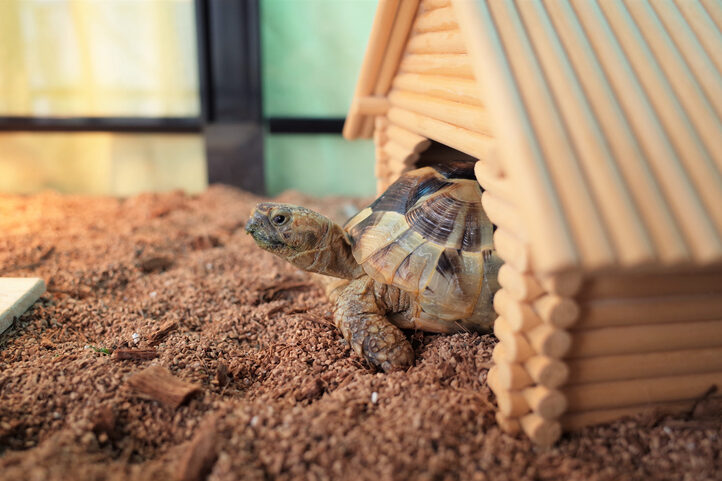
Exotic pets bring joy and wonder into people’s lives, but they also challenge us to think about the future. Anyone considering such a pet must ask hard questions about who will care for them if they cannot. Without planning, the responsibility falls to grieving families, shelters, or rescues that are already stretched thin. Exotic animals are not decorations or passing hobbies, they are lifelong commitments. The call is simple: love them enough to prepare for their future. Doing so protects both the animals and the people who inherit them.
This story When Exotic Pets Outlive Their Owners. What Happens Next? was first published on Daily FETCH


